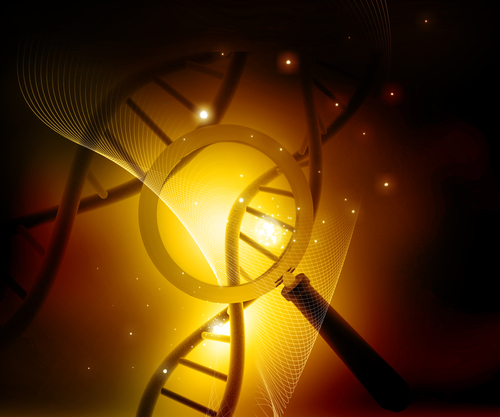Hypomyelination with Spinal Muscular Atrophy Cerebellar Hypoplasia Caused By EXOSC8 mutations

 New insights into SMA are shedding light on the genetics that underscore the development of the disease. In a recent study entitled “EXOSC8 mutations alter mRNA metabolism and cause hypomyelination with spinal muscular atrophy and cerebellar hypoplasia,” the authors found mutations in EXOSC8 that cause progressive and lethal neurological disease characterized by hypomyelination with spinal muscular atrophy and cerebellar hypoplasia. The findings were published in Nature Communications.
New insights into SMA are shedding light on the genetics that underscore the development of the disease. In a recent study entitled “EXOSC8 mutations alter mRNA metabolism and cause hypomyelination with spinal muscular atrophy and cerebellar hypoplasia,” the authors found mutations in EXOSC8 that cause progressive and lethal neurological disease characterized by hypomyelination with spinal muscular atrophy and cerebellar hypoplasia. The findings were published in Nature Communications.
The human exosome is a multi-protein complex that degrades messenger RNAs (mRNAs) with a specific element, known as an AU-rich element (ARE), thus serving as an important regulator of gene expression. EXOSC8 is a key protein of the exosome complex, previously shown to trigger severe growth defects in yeast when deleted. The role of exosomes in the in vivo human context, however, is difficult to determine, and so its role in the disease is still poorly understood.
In this new research, the authors studied 22 infants with cerebellar and corpus callosum hypoplasia, abnormal myelination of the central nervous system or spinal motor neuron disease. They found affected individuals had missense mutations in the exosomal protein gene EXOSC8. To understand how EXOSC8 mutations led to the observed phenotypes, the team of scientists down regulated EXOSC8 in human oligodendroglia cells and in zebrafish. They found that a defect in EXOSC8 specifically changed degradation of ARE mRNAs leading to a highly significant increase in expression of ARE mRNAs encoding myelin proteins, MBP (myelin basic protein) and MOBP (myelin-associated oligodendrocyte basic protein). The authors proposed EXOSC8 deficiency leads to a signaling cascade that ultimately disturbed the balance between ARE and non-ARE myelin mRNAs, culminating in demyelinating disease.
As a result, the team of researchers from the Institute of Genetic Medicine, Wellcome Trust Centre for Mitochondrial Research, Newcastle University and colleagues showed that EXOSC8 mutations induce phenotypes of infantile onset hypo myelination, cerebellar hypoplasia, and spinal muscular atrophy, in carrier patients.
[adrotate group=”3″]







